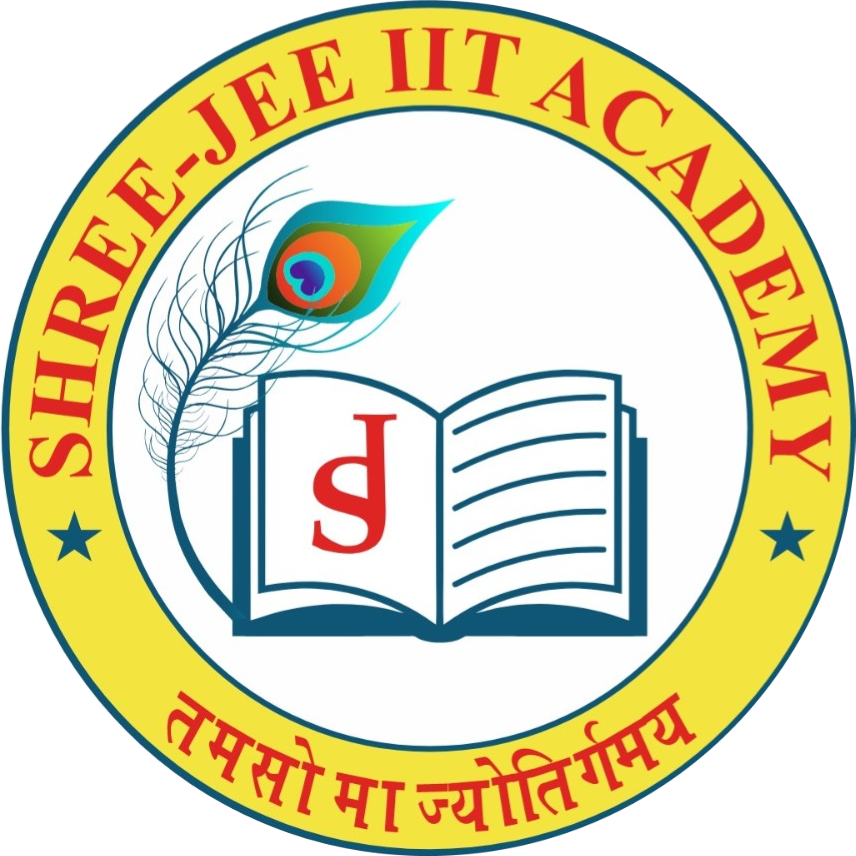JEE (Joint Entrance Examination) MAINS /ADVANCED
• Purpose: JEE is conducted for admission to undergraduate engineering programs at NITs, IIITs, and other Centrally Funded Technical Institutions (CFTIs)
across India.
• JEE Main: Conducted by the National Testing Agency (NTA), it is the first stage of the exam. It is also the qualifying exam for JEE Advanced.
• JEE Advanced: Conducted by one of the IITs, it is the second stage of the exam and is for admission to IITs.
•Exam Pattern (JEE Main):
•Paper 1: For admission to B.E./B.Tech courses.
•Paper 2: For admission to B.Arch and B.Planning courses.
•Both papers are conducted in online/offline mode.
•Syllabus: Based on Class 11 and Class 12 syllabus of Physics, Chemistry, and Mathematics.
•Frequency: JEE Main is conducted twice a year (January and April sessions).
•Eligibility: Candidates must have passed Class 12 or its equivalent examination with Physics, Chemistry, and Mathematics.
•Scoring: Scores are normalized using the percentile score calculation method to account for any difficulty variation across different sessions.
•Counselling: Seat allocation is done through JoSAA (Joint Seat Allocation Authority) counseling for NITs, IIITs, and other GFTIs.
NEET(National Eligibility cum Entrance Test)
• Purpose: NEET is conducted for admission to undergraduate medical (MBBS), dental (BDS), and AYUSH (Ayurveda, Yoga and
Naturopathy, Unani, Siddha, and Homoeopathy) courses in India.
• Exam Pattern:
• Conducted in pen and paper mode.
• Consists of one paper with 180 multiple-choice questions.
• Subjects: Physics, Chemistry, and Biology (Botany and Zoology).
• Syllabus: Based on the Class 11 and Class 12 syllabus of Physics, Chemistry, and Biology.
• Frequency: NEET is conducted once a year.
• Eligibility: Candidates must have passed Class 12 or its equivalent examination with Physics, Chemistry, Biology/Biotechnology, and English.
• Scoring: The exam is scored out of 720 marks (180 questions, 4 marks each), with negative marking for incorrect answers.
• Counselling: Seat allocation is done through centralized counseling conducted by MCC (Medical Counseling Committee) for 15% All India Quota seats.
Both exams are highly competitive, requiring thorough preparation and a deep understanding of concepts. Coaching institutes, self-study, and mock tests are often used to prepare for these exams.
Jawahar Navodaya Vidyalaya (JNV)
JNV entrance exams are conducted for admission to the Navodaya Vidyalayas, which provide quality education to talented students from rural areas.
Rashtriya Military Schools (RMS)
RMS entrance exams are conducted for admission to the five Rashtriya Military Schools in India, which are known for their high standards of education and discipline.
SAINIK SCHOOL
Sainik school Entrance exams for Sainik Schools are conducted for admission to these institutions, which aim to prepare students for a career in the armed forces.
National Standard Examination in Junior Science (NSEJS): This exam is conducted to identify students with a science talent and encourage them to pursue a research career.
National Mathematics Talent Competition (NMTC): NMTC is a prestigious math competition that aims to discover mathematical talent among students.
Science Olympiad Foundation (SOF) Exams: SOF conducts Olympiad exams in Science, Mathematics, English, General Knowledge, and Computer Education. These exams help students develop a competitive spirit and excel in their chosen subjects.
International Junior Science Olympiad (IJSO): IJSO is a prestigious science competition for students under the age of 16. It aims to promote interest in science and foster international cooperation among young scientists.
Regional Mathematics Olympiad (RMO): RMO is a math competition held at regional levels across India. It is the first step towards the International Mathematical Olympiad (IMO) for Indian students.



